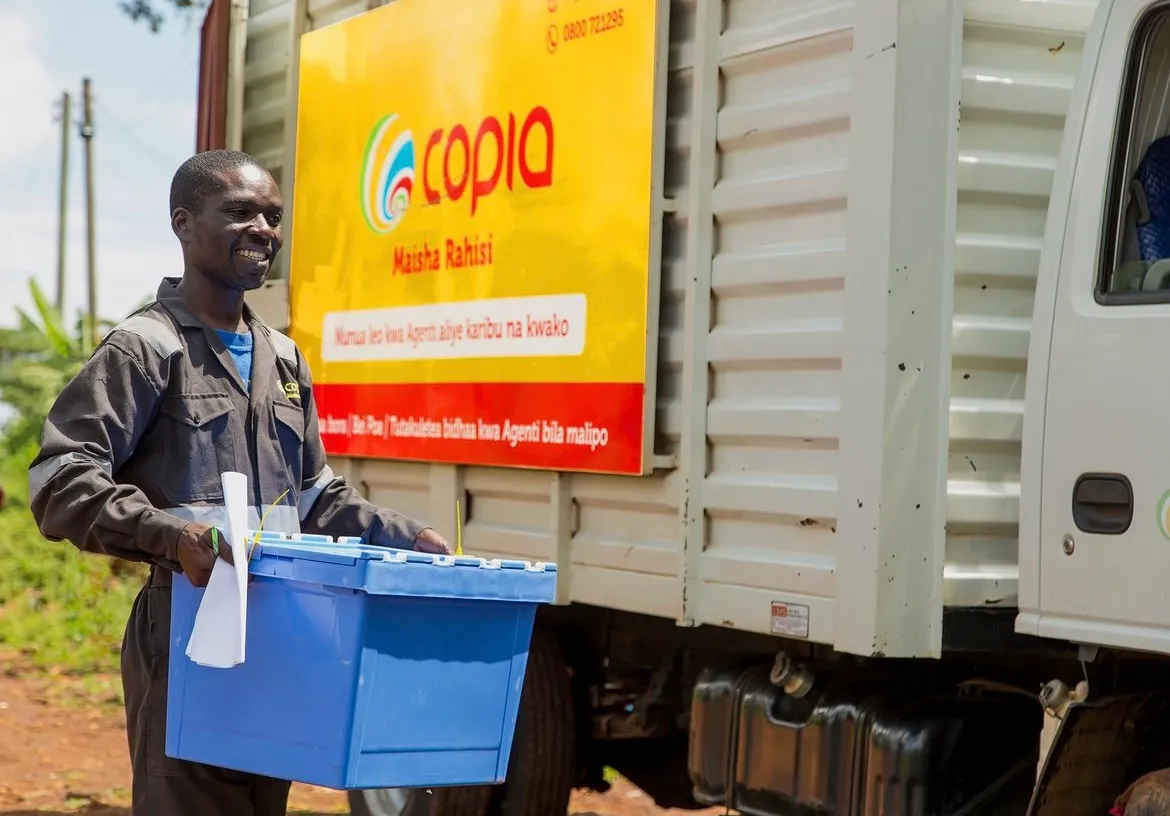Copia Global, a B2C e-commerce platform and parent company of Copia Kenya, has entered administration. This move comes just a week after a TechCabal report indicated the company was considering closure. The startup has appointed Makenzi Muthusi and Julius Ngonga from KPMG to oversee the administration process.
Copia Global raised $123 million over eight funding rounds but failed to secure new funds, jeopardising its operations and over 1,000 jobs. The company announced on May 24 that the administrators will try to raise funds specifically for Copia’s Kenyan unit.
In a statement, Copia explained, “Copia Global couldn’t attract capital under agreeable terms for all stakeholders. As a result, Copia Global is winding down, and Copia Kenya will now seek funding directly.”
The company plans to lay off an unspecified number of employees to “create a position for growth.” On May 16, CEO Tim Steel warned employees that over 1,000 jobs could be cut. As part of cost-cutting measures, Copia Kenya will shift from physical order processing to an online fulfilment model via its mobile app.
Under the Administrator’s mandate, Copia Kenya will implement a plan focused on a lower burn rate, faster profitability, and targeting the digital consumer.
Founded in 2013 by Tracey Turner and Jonathan Lewis, Copia aimed to help customers in remote areas order goods through its platform and deliver them via its network of agents. However, the company struggled to meet obligations, like paying salaries, leading to its closure after 10 years. Signs of strain appeared in 2023, when Copia had 1,800 employees and a network of 50,000 agents in Kenya and Uganda.
In July 2023, Copia cut operations and laid off 350 staff. Earlier, it had reduced its workforce by 50 employees to cut labour costs while seeking profitability. Copia also closed its Uganda operations, just two years after launching there, and scaled back its expansion plans in Nigeria, Ghana, South Africa, and Mozambique.
Copia is not alone in its struggles. Other well-funded Kenyan ventures like Wefarm and Zumi have also shut down after failing to secure new capital. Sendy and iProcure are under administration, while Twiga Foods and Marketforce are hoping for new investor confidence. Copia, alongside Twiga Foods, is among Kenya’s most funded e-commerce platforms.
The shutdown is a significant setback for CEO Tim Steel, who succeeded co-founder Tracey Turner in 2017. In 2023, Steel expressed his commitment to making Copia a success, despite fears of not achieving his goal of turning it into a billion-dollar company.




